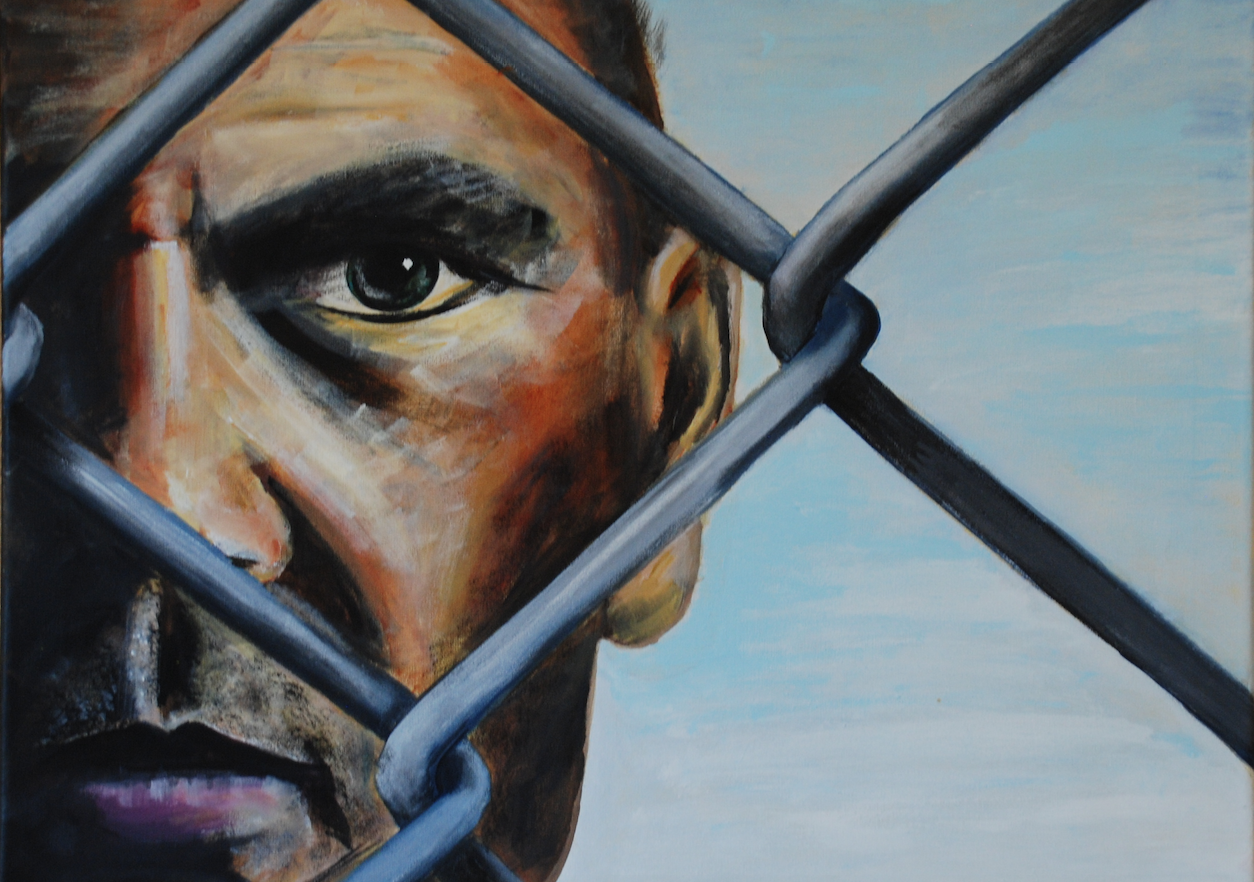Peers called on ministers to end ‘the obscenity’ of indeterminate sentences known as IPPs (imprisonment for public protection) in a debate about amendments to the Police, Crime, Sentencing and Courts Bill. The architect of the scheme, former New Labour Home Secretary Lord Blunkett, talked about the ‘disaster’ of the regime his government introduced in 2003 which has resulted in thousands of prisoners being locked up past tariff without hope despite IPPs being scrapped more than 10 years ago.
‘Out of the 3,000 people who are still in prison on IPP, 1,300 of them are there because of recalls,’ Blunkett told fellow peers. ‘That is 100% up from 2016, five years ago. If we are not careful, that trajectory will lead to more prisoners being in prison on IPP on recall than are actually in prison for the original IPP sentence applied, which is a farcical situation and a tragedy for them.’ In 2012 Kenneth Clarke, as justice secretary in the coalition government, scrapped IPPs.
The former home secretary called the present position not only ‘unequal and unjust’ but ‘immoral’. ‘It is immoral because those individuals, who have already had their confidence and likelihood of being able to demonstrate their safety undermined, are further undermined by the conditions they found themselves in when they came out of prison,’ he said.
There was cross-party support in yesterdays debate in the House of Lords for the amendments which included the release of IPP prisoners who had served more than the sentence for the offence unless it could be demonstrated that they posed a risk to the public. The Tory peer and former solicitor general Lord Garnier called for immediate action. ‘This obscenity must now end,’ he said. Similarly the cross bench peer and barrister Lord Pannick said that the Government have had ‘years to think about the options and to consider what to do’ and asked what the present government intended to do to ‘address a manifest injustice’. It was the cross bench peer Lord Brown who described IPPs as ‘the greatest single stain on the justice system’. ‘Indeed, it is a deeper, growing stain because of the situation with the recalls,’ he told peers.
David Blunkett fully acknowledged his government’s failure and his own ‘culpability’. He explained that the intention was that there would be support for prisoners to provide safety for the public and rehabilitation. ‘Both those elements went badly wrong with the IPP sentence,’ he continued. He admitted that the government ‘had not fully agreed with the Treasury’ resources for those who needed rehabilitation nor that ‘cautious members of the judiciary would take a “safety first” view’ in choosing the indeterminate sentence over the determinate one.
‘This situation cannot go on,’ the Labour peer said. ‘We have to do something for the sake of the individuals and their families, and for the safety of the community, because the longer they are in prison on a suspended animation sentence or on licence, the more likely they are to find themselves unable to rehabilitate and live a normal life. When that happens, they are more likely to commit a crime. I got it wrong. The Government now have the chance to get it right. I beg to move.’
Peers paid tribute to campaigners including Donna Mooney and Shirley Debono who were involved in setting up the UNGRIPP campaign, as well as Frances Crook, formerly of the Howard League for Penal Reform, and the Prison Reform Trust (PRT).
Lord Falconer of Thoroton, shadow justice minister and former Lord Chancellor, quoted from a recent PRT report which drew on interviews with 31 recalled IPP prisoners. The report found that IPP prisoners’ life chances and mental health were ‘fundamentally damaged by the uniquely unjust sentence they are serving’. ‘Arrangements for their support in the community after release did not match the depth of the challenge they faced in rebuilding their lives outside prison,’ it continued. ‘Risk management plans drawn up before release all too often turned out to be unrealistic or inadequately supported after release, leading to recall sometimes within a few weeks of leaving prison, and for some people on multiple occasions. The process of recall also generated strong perceptions of unfairness.’ At its worst, the report found that the system recalled people to ‘indefinite custody for what appeared comparatively trivial matters’.
Lord Wolfson of Tredegar, a justice minister, appeared to dismiss the proposed amendments. He said that IPPs was not an issue ‘which admits of easy analysis… it is something of a puzzle, which requires looking at carefully and solving’. He argued that the change proposed would not make much difference ‘because the Parole Board would still have to undertake an assessment of risk of harm and reoffending to make a judgment on whether the risk could be managed effectively in the community’. The minister continued: ’We believe that terminating their licence automatically, without any consideration by the Parole Board, would present an unacceptable risk to the public, and for that reason we do not propose to accept that amendment as drafted.’ The minister said that there were ‘certainly problems with the current system; we are looking at it.’







